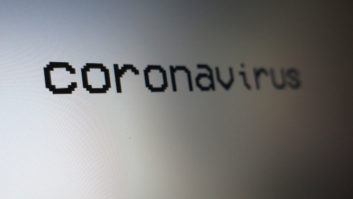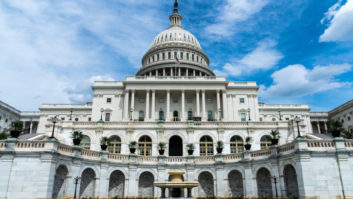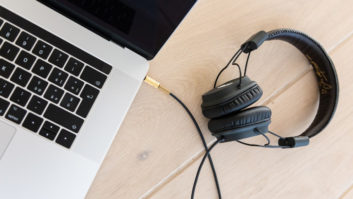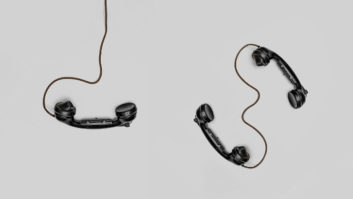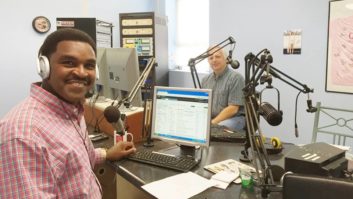The author is membership program director of the National Federation of Community Broadcasters. NFCB commentaries are featured regularly at www.radioworld.com.
The last 10 days have seen fears escalate dramatically as news of the spread of coronavirus took center stage. The U.S. stock market tumbled. Japanese schools and industries came to a standstill. International diplomacy was tested in countries with travel to and from Asia. Coronavirus fears even entered the Democratic debates and the impending U.S. national election. To get a sense of the tensions worldwide, the New York Times set up a page of rolling updates.
While coronavirus has yet to strike the United States, many officials have said the illness’ arrival is only a matter of time. Such fears should only prompt federal, state and county leaders nationwide to ensure their area noncommercial media, including community radio, is at the table.
[Read: Community Broadcaster: Looking Up]
As I have written in past columns, community radio plays a crucial role in emergency preparedness. In rural areas, we are at times the only live, local media available. When there is misinformation and uncertainty, trusted local voices can make a huge difference and avert further tragedy.
With more attention squarely on emergency preparedness, now is the time to clearly state the necessity of noncommercial media.
America’s Public Television Stations President Pat Butler made the case for noncommercial media as an important partner in federal efforts to protect the public. His remarks came amid news that the Corporation for Public Broadcasting would be seeking support from the Department of Homeland Security for the first time.

“After 10 years of making do or doing without, that situation needs to change,” Butler said, according to Current. Given the rise in potential health emergencies, along with the earthquakes, fires and other calamities nonprofit media outlets inform the public about, funding for radio appears overdue.
The Federal Communications Commission has done regular check-ups on the nationwide Emergency Alert System. While the latest FCC analysis indicates compliance improvements, the General Accounting Office says more must be done. Moreover we can’t pretend everyone’s mobile phones will do the trick. Radio remains central to people globally, and America must fast-track community media in its emergency preparedness planning.
By the way, the 10 years Butler is referring to is the Public Telecommunications Facilities Program, which Congress eliminated in 2010. PTFP helped many stations make tremendous infrastructure strides. Many stations need federal investment to make sure their communities are safe.
Some states are already on the move related to this matter. California Gov. Gavin Newsom stated radio is a big part of preparedness in his state as those travelling overseas return. New York State is also including radio as part of its response and education endeavors.
However, station leaders should not wait to be called. Touch base with county and state leaders. Reach out to members of Congress in your region. There is no greater service you can provide than stepping up in a time of need.





